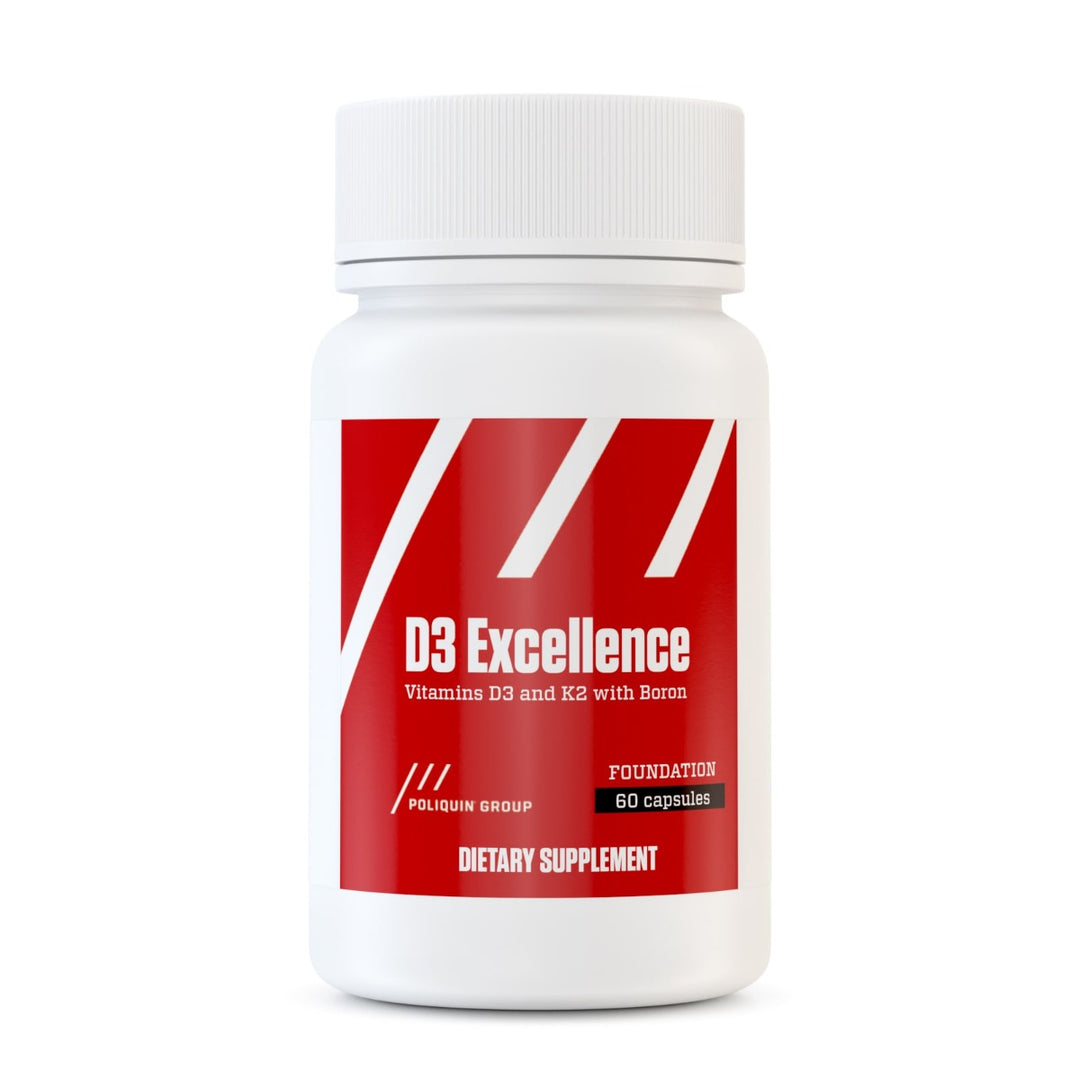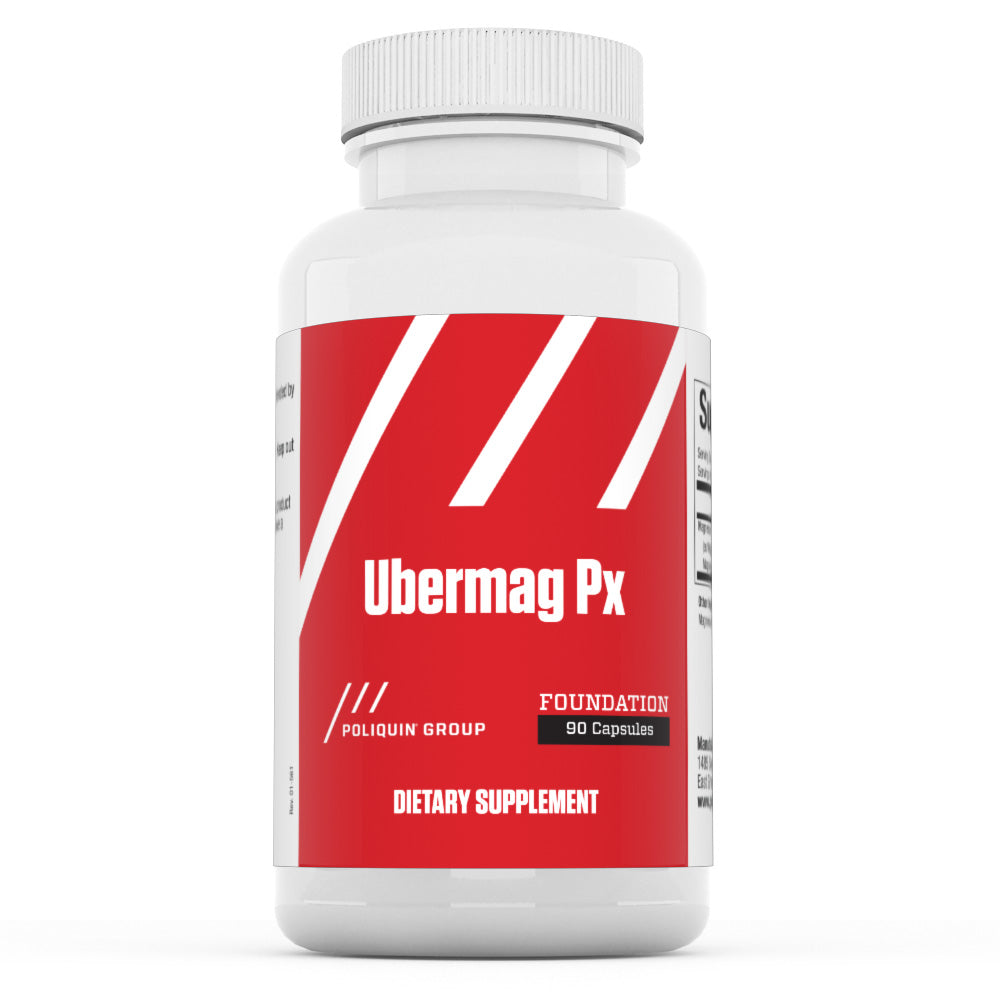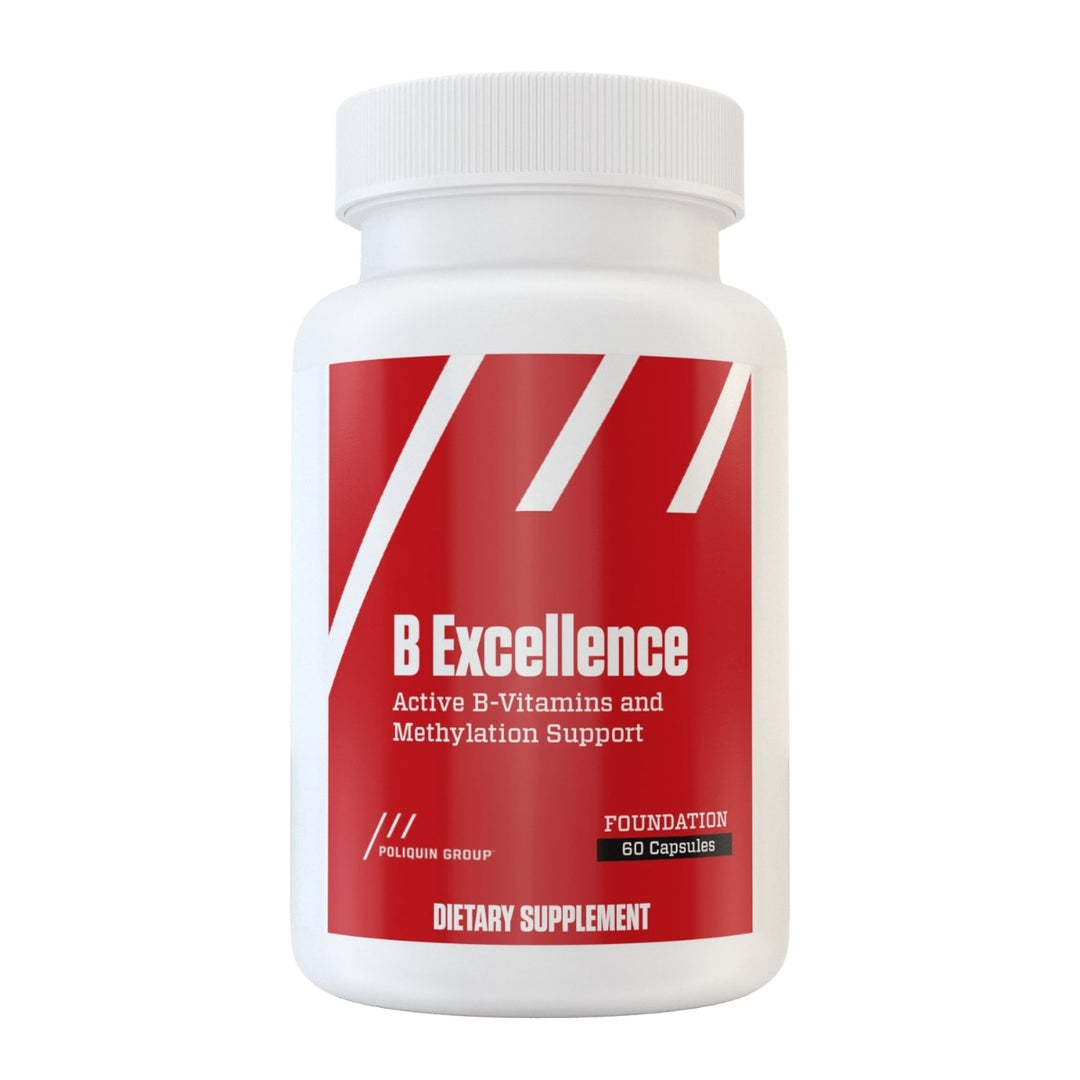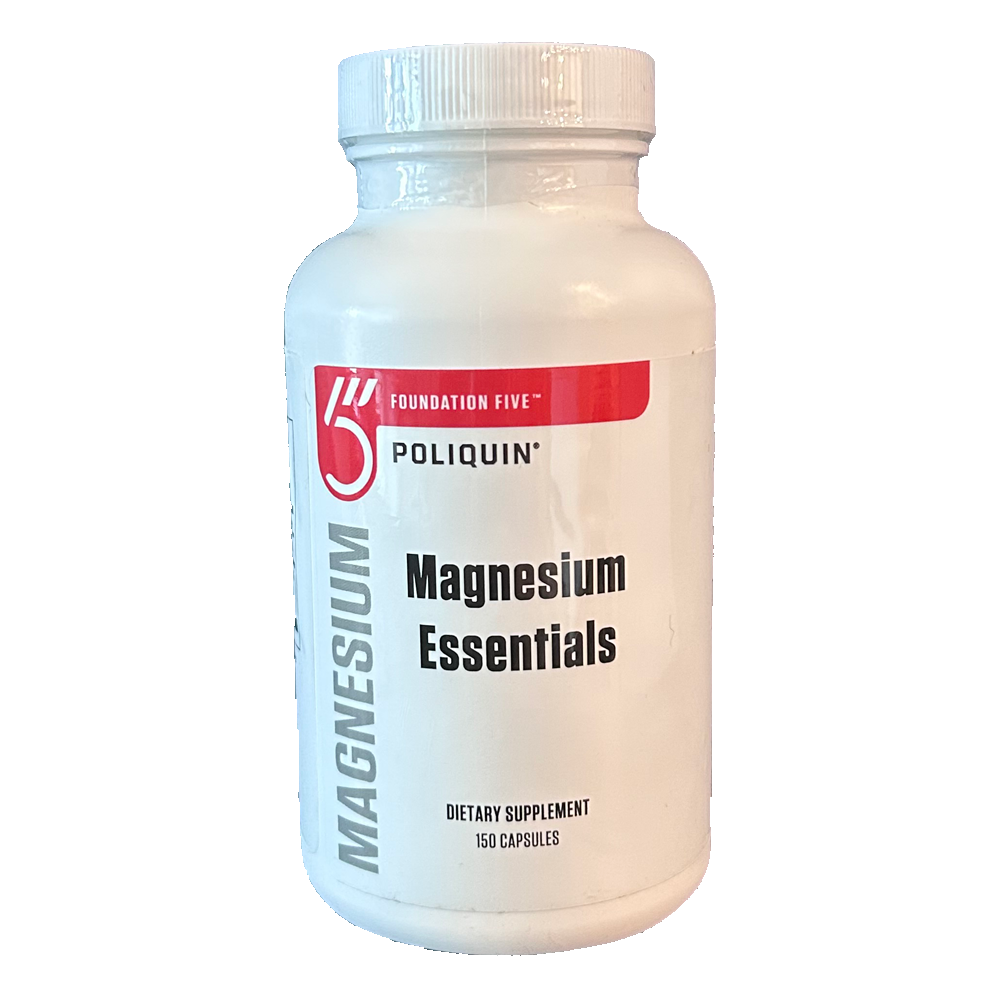What Are The Best Foods To Eat To Build Muscle?
When you think of muscle-building foods images of meat probably come to mind. While it’s true that eating your protein is an essential part of increasing muscle, it’s not the only thing you need to worry about.
Along with optimizing your protein, you also need to ensure you are eating plenty of plant-based foods to balance hormones and protect yourself from inflammation. And then there’s training and recovery. If you’re not overloading your muscles in the right way and giving them time to recover, the perfect diet can’t make up for lack of effort.
This article will give you an overview of nutrition needs when training to put on muscle.
Before we get into nutrition, let’s recap the training parameters that are best for putting on muscle:
Muscle is a byproduct of training volume, meaning that the more reps and sets you do, the greater mass you are likely to build. Studies tend to show that the ideal rep and set range for putting on muscle is 8 to 15 reps for 4 to 8 sets.
Naturally, you should let the reps dictate the load, which means that you should be using a weight that is heavy enough that you are nearing failure by your last rep. For example, if you are supposed to do 10 to 12 reps for the bench press and you can do 13 or more reps, then you need to increase your weight. If the weight is so heavy that you can’t do 10 reps without cheating, then you need to drop it down a bit.
A higher frequency contributes to volume and is recommended for putting on muscle, assuming you are able to recover. Generally, training 3 to 5 days a week is ideal, depending on whether you are doing total body workouts or a body-part split. The goal should be to hit each body part at least twice a week.
Once you’ve got training figured out, you need to ensure you are providing the body with adequate nutrients to support the following processes:
- Protein synthesis and tissue repair
- Optimal hormone balance (especially cortisol and insulin)
- Peak immune function and gut health
The first step to a nutrition plan for muscle is to provide adequate amino acids for protein synthesis. Animal foods provide the greatest array of amino acids as well as critical muscle-building nutrients, such as glutamine, glycine, creatine, carnitine, carnosine, and the super important omega-3 fats.
Therefore, every meal should contain a high-quality protein from beef, poultry, seafood, eggs, dairy, or other wild meat. Plant-based proteins can be used to round out your amino acid needs and provide the antioxidants and other nutrients that support insulin sensitivity and hormone balance. For example, beans, nuts, and seeds are decent protein sources that provide fiber for better gut function and a healthy microbiome. They also slow digestion and improve the glucose response to a higher carb meal, which many hardcore trainees need in order to replenish muscle fuel stores.
Vegetables and fruits are also key muscle-building foods because they are packed with phytonutrients that support recovery and counter inflammation that impairs immune function and hormone balance. A good approach is to eat the rainbow, consuming leafy greens (collard greens, lettuce, spinach, kale, chard), and as many red, yellow, orange, and purple foods as possible—think of colored peppers, berries, cucumbers, beets, tomatoes, etc.
It’s also worth getting some fermented foods, such as sauerkraut, kim chi, kefir, yogurt, or other cultured dairy because these options provide healthy bacteria to promote gut function and support immunity. And then are your healthy carbs for glycogen replenishment, which you can get from fruit, beans, starchy vegetables, and grains. Pineapple, melons, stone fruit, bananas, sweet potatoes, winter squash, and regular potatoes are all great higher carb foods. When choosing grains, ideally, you want to focus on whole grains that don’t contain gluten, such as oats, buckwheat, or amaranth. Quinoa is also a good option, though it is technically a seed. Finally, any discussion of building muscle would be incomplete without considering supplements:
- Protein supplements are convenient when you are on the go. Studies show that whey protein is a superior protein source that has antioxidant properties. Free form amino acids are another option that are dairy-free and can be useful for people who are intolerant of whey.
- Creatine is another muscle-building supplement with mountains of research to support its use.
- Finally, many people will benefit from a high-quality magnesium to support insulin sensitivity, combat stress, and encourage quality sleep.
You can find all of these supplements in our online store. Final Words: Muscle building is a highly complex process, but eating for it doesn’t have to be. The best approach is to get your protein in, opting for a high-quality protein source at every meal (at least 20 grams of amino acids 3 to 4 times a day) and hit protein goals (at least 1.6 g/kg of bodyweight or 116 grams for a 160 pound (72 kg) individual). Pad protein with plenty of nuts, seeds, fruits, and vegetables to provide the phytonutrients to protect your gut, support immunity, balance hormones, and ensure recovery.











